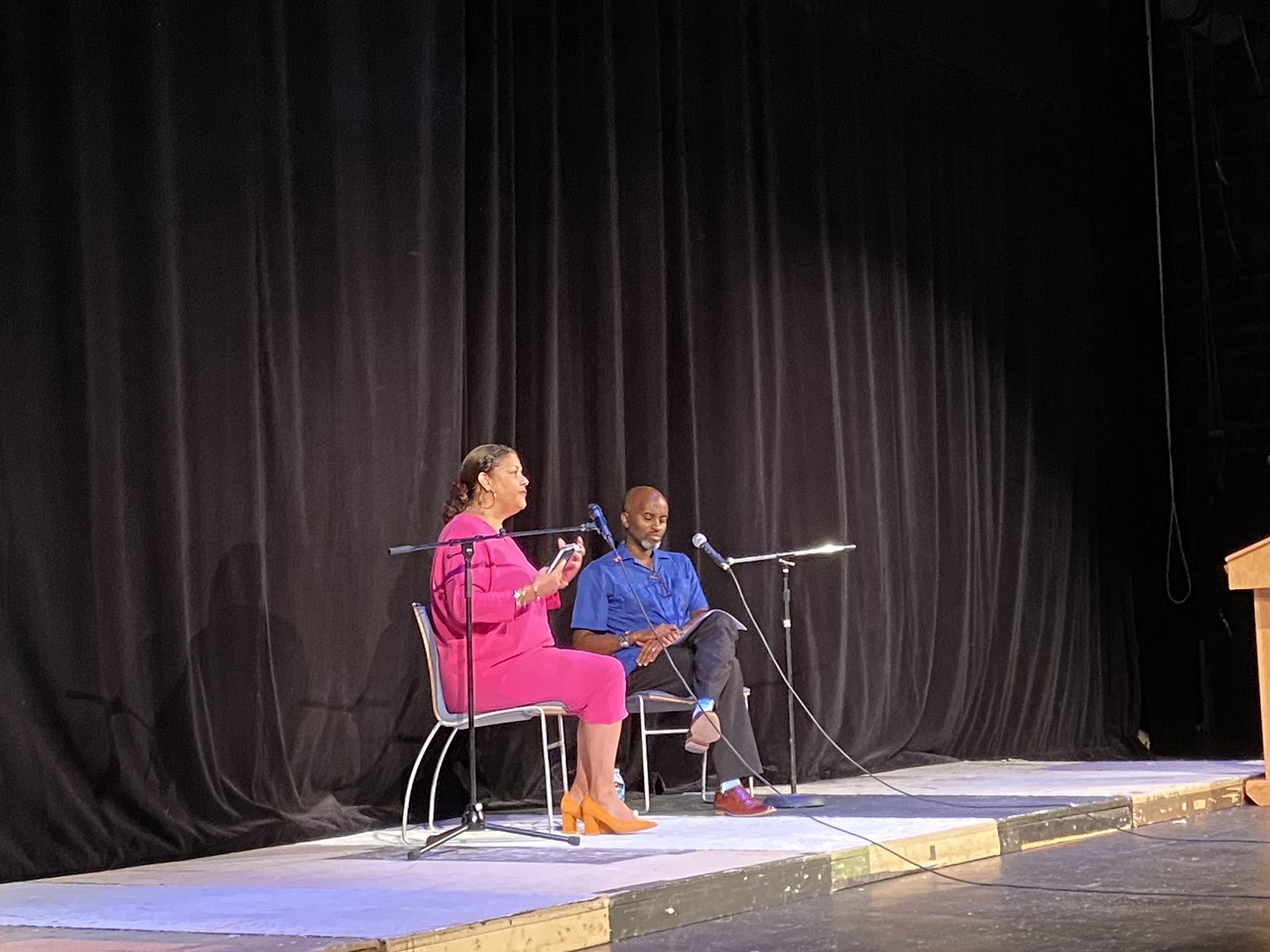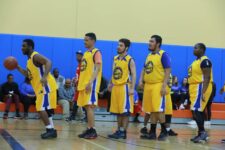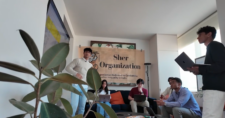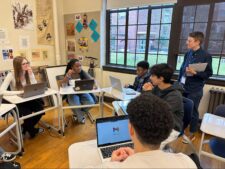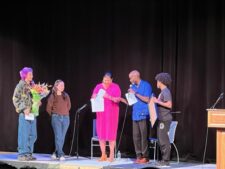In the fall of 2020, the English Department at Fieldston Upper launched a new program — Community Read — with James Baldwin’s “The Fire Next Time.” This initial program, for which the entire Fieldston Upper community read the same book, was so well received because of the shared experience it created among the students. They were able to speak to each other across grades, and connections formed as a result. They were also able to refer to the questions Baldwin, their teachers, and their peers raised in our post-January 6th world. The students advocated for this shared reading and community experience to become an annual event led by the English Department.
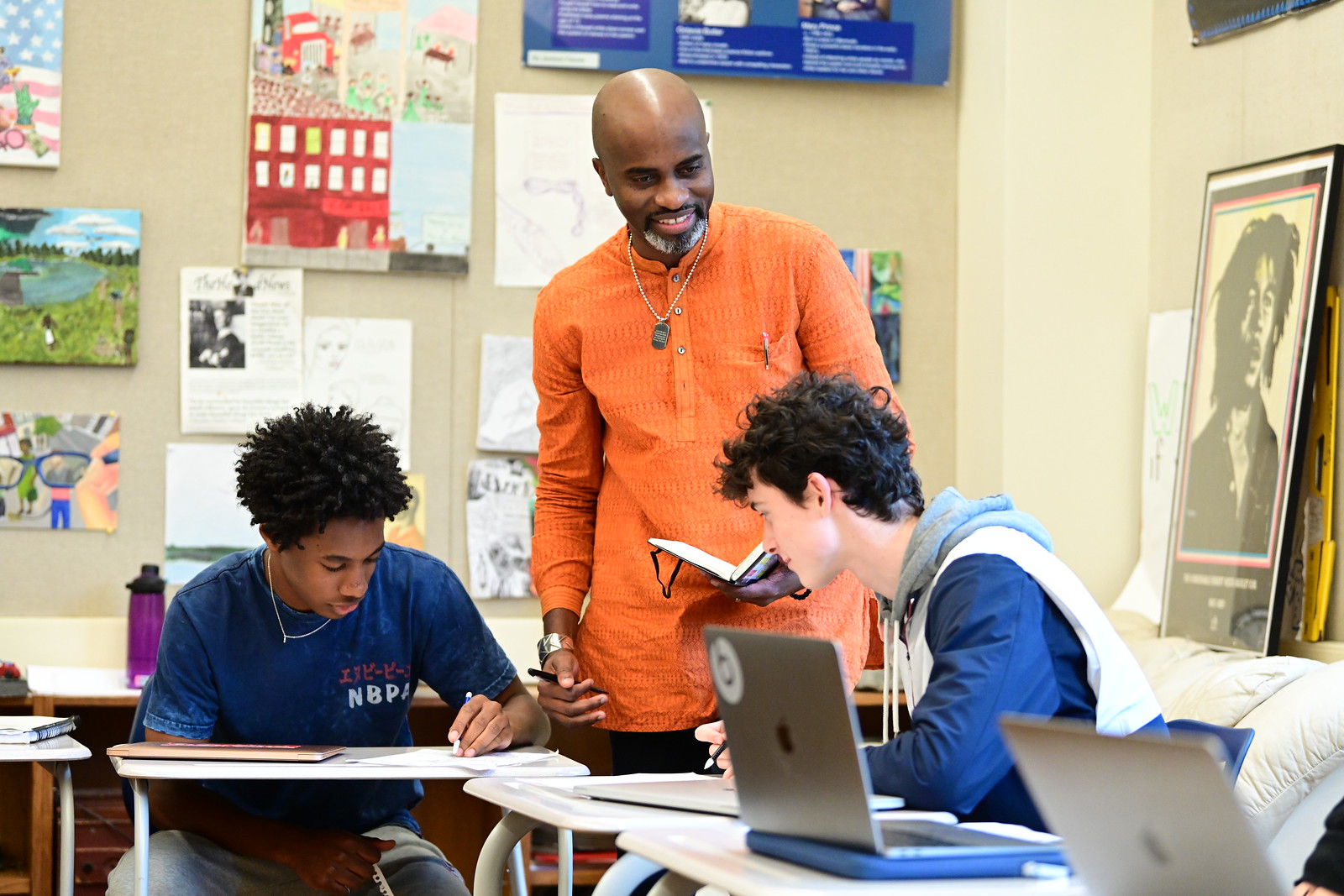
Elizabeth Alexander’s “The Trayvon Generation” was the English Department’s Community Read for the 2022–2023 academic year. Each student at Fieldston Upper read the text, and every teacher in the department taught portions of the book. This text was the third in this particular Community Read shared experience. Last year, the department selected Cathy Park Hong’s “Minor Feelings: An Asian American Reckoning.”
Our department chose Alexander’s text because it remains a brilliant multigenre collection aimed at providing hopeful examples of how artists have used their art forms to ask and answer questions about art and activism, social justice, racism, parenting, the digital age, memorialization, and monuments. We felt the multigenre approach of “The Trayvon Generation” would provide excellent material for critical thinking and the early work of fostering a learning and engaged reading community, particularly as we continue our charge to become more mission aligned. Our choice also appeared to be fated because Alexander’s sons, Simon and Solomon, as well as both of her parents, are Fieldston alumni. Alexander dedicated the book to her sons.
How do we make texts that appear on the surface to be specific in their theme or content relevant to Fieldston Upper’s diverse course offerings, such as 19th Century English Literature, Asian American Literature, Native American Literature, Russian Literature, Literature of War, Women and Literature, Form III English, Form IV English, Humanities, as well as Senior Seminar? As Chair of the department, I remain thoroughly proud and impressed with my colleagues’ ability to rise to the moment and meet the pedagogical challenges it might present to put Alexander’s work in conversation with Leo Tolstoy’s “Anna Karenina,” which was the text our seniors read over the summer in preparation for Senior Seminar. Our teachers began their work in the summer by exchanging ideas, lesson plans, questions, and passages they found interesting.
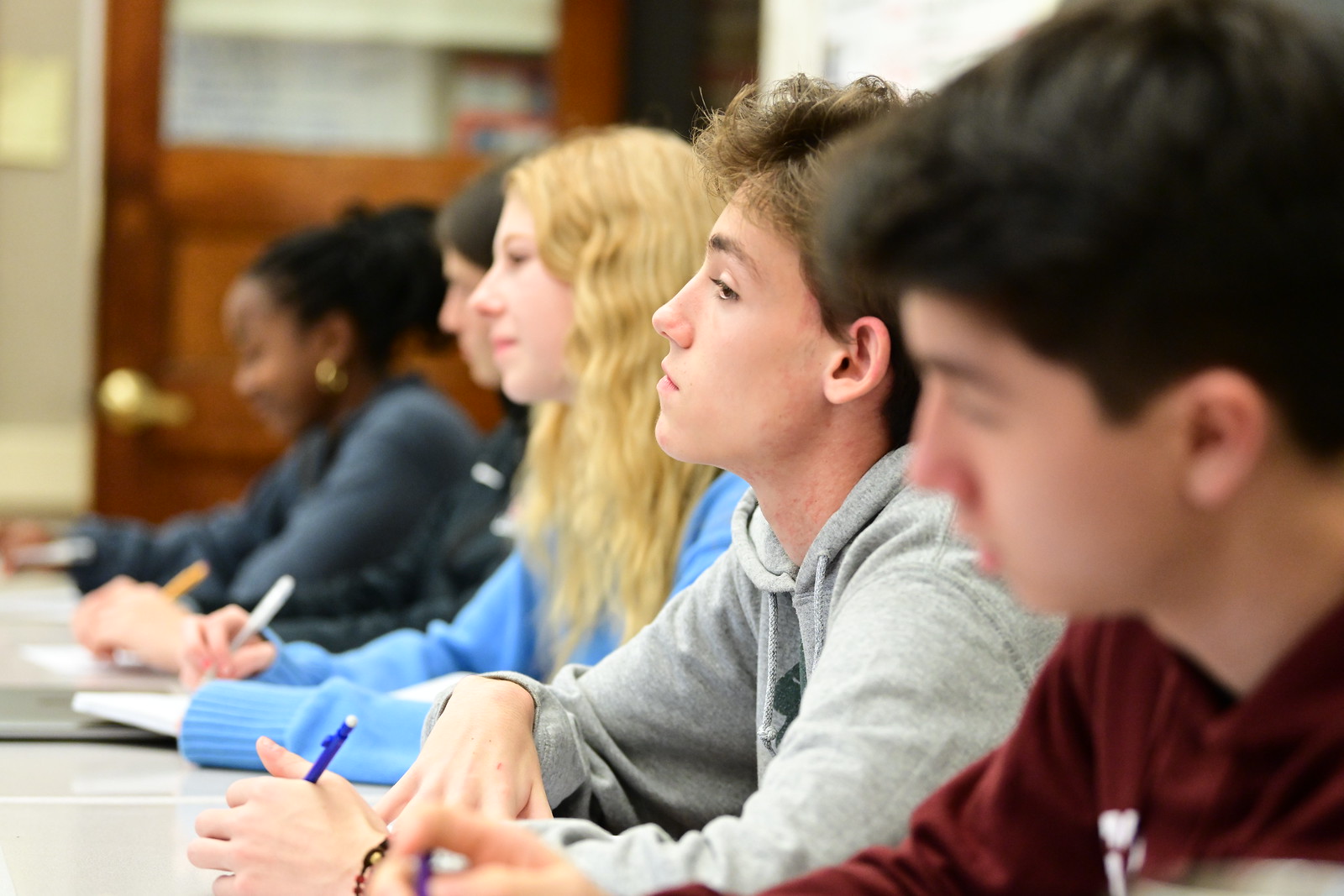
These initial ideas and lesson plans are shared widely with the department. We contribute and borrow liberally from each other in a manner that builds community and serves as an easy form of professional development that is mission-aligned in many ways. One teacher might point out the questions that Alexander raises about the role of mothers and parents, who or what an American is, the idea of justice and inequality, the role of memorialization and monuments, the idea of delayed comprehension, or the written word as a memorialization. We then share our students’ feedback or questions or the conversations we are having in our classes and examine how they differ. We do this work formally in our meetings and via shared lesson plans, and informally in those passing moments in our offices or over lunch or coffee where we are exuberant and energized by our students’ ability to make connections between the texts that we, as their collaborating guides, did not at first see.
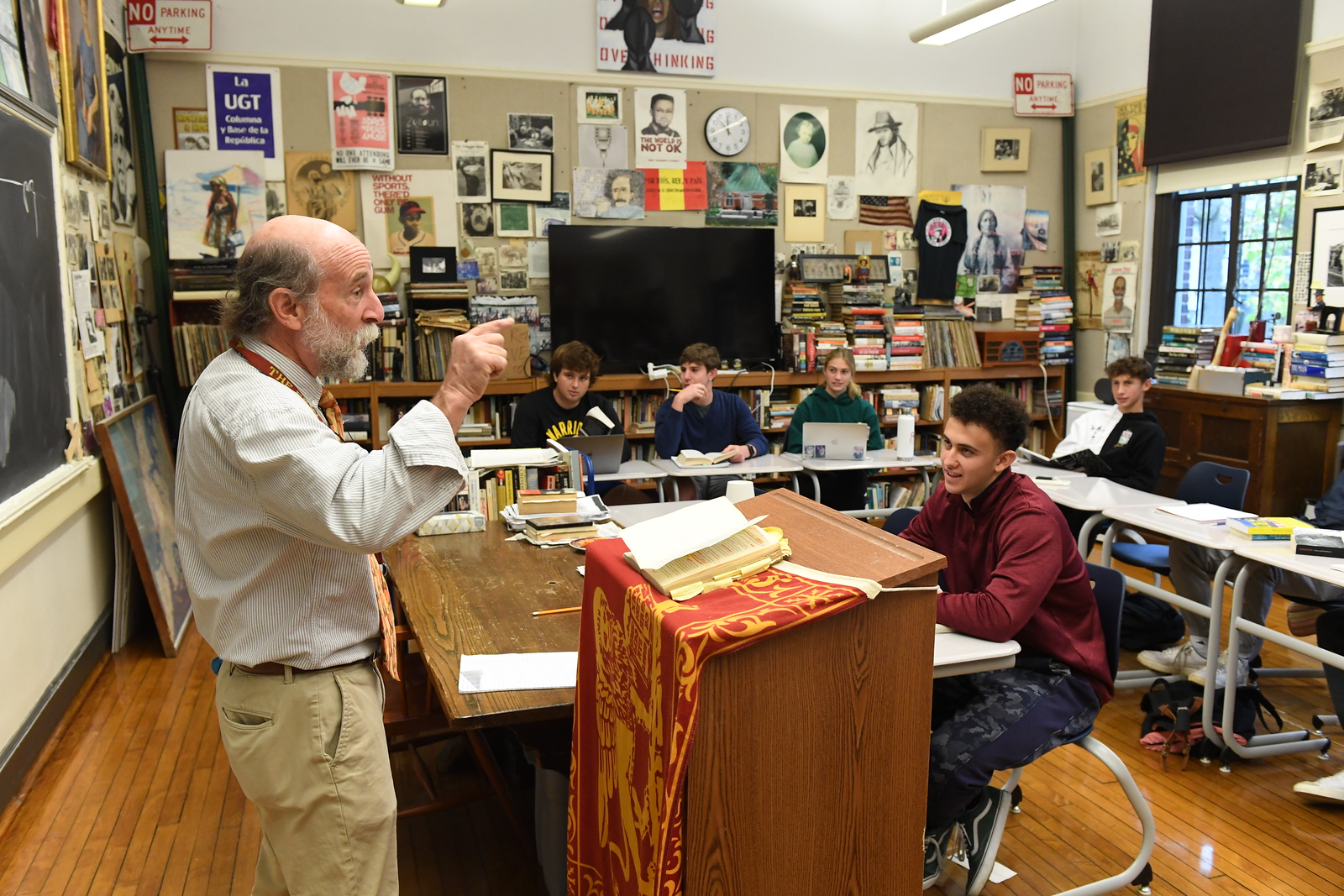
Again, our venture proved very successful and ultimately culminated in Alexander’s visit to address our community in our first all school in-person assembly this past October. Alexander remarked upon leaving how grateful, thankful, and happy she was that all the students appeared to be engaged and prepared for the conversation with her. This preparation was a monumental task.
In all our planning and teaching, we are driven by and energized by our students’ responses to how this particular reading experience continues to help them discover a love of reading and, most importantly, more about themselves as citizens of Fieldston and the world at large. As an 11th Grade student noted, “I enjoyed learning about … how art and poetry can be used in writing to tell a story and an untold truth. What I found the most motivational was hearing advice from Dr. Alexander about how my generation can be activists, and all it takes is a single voice, and you should not be scared to go after what you believe in.” Or as another put it, “I found it very validating to hear Dr. Alexander’s vocalization of things that I’ve experienced my entire life. To have a resource that so eloquently demonstrates what I’ve been feeling for years but never felt like I had the words to express was powerful.”
